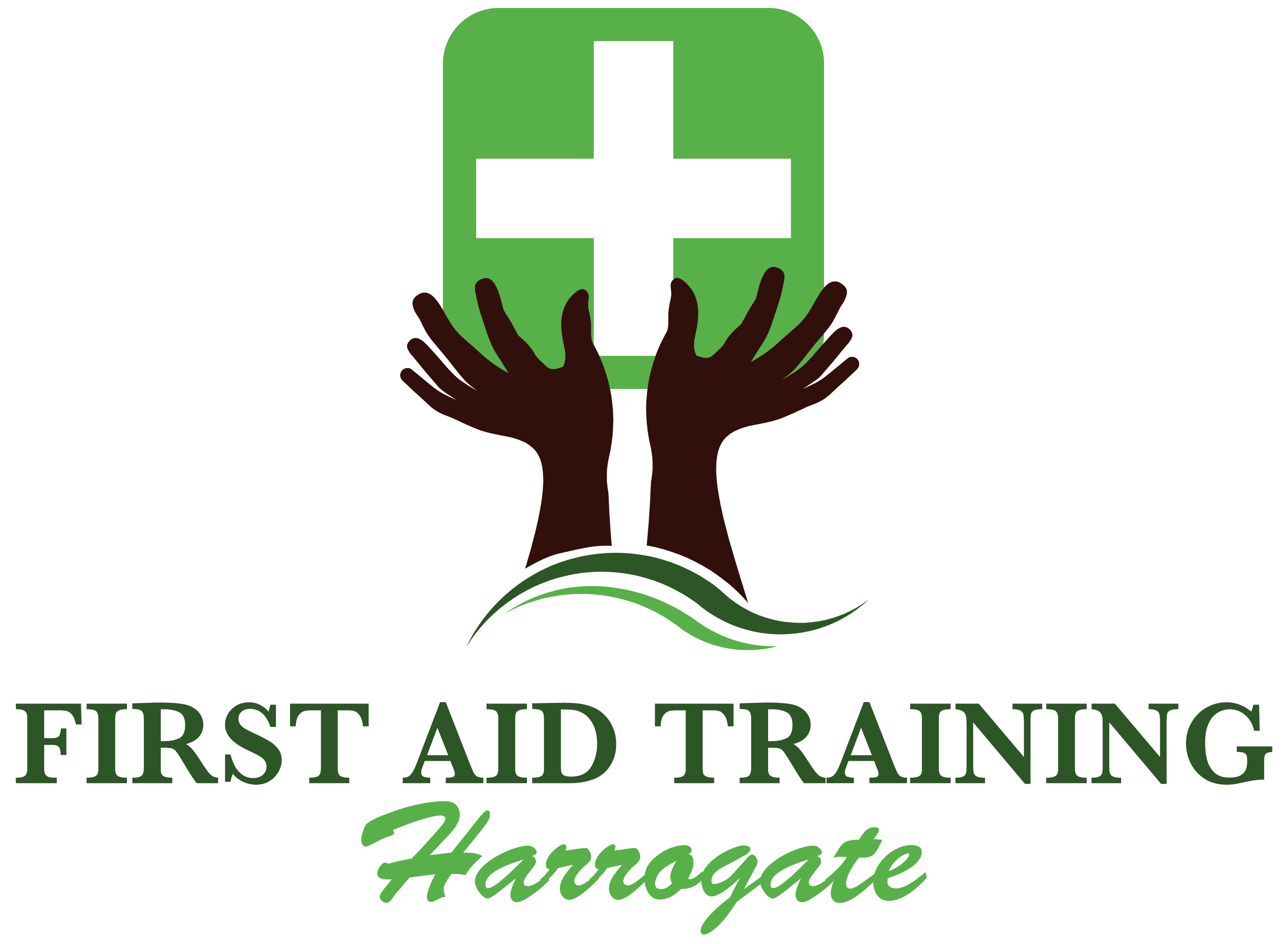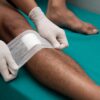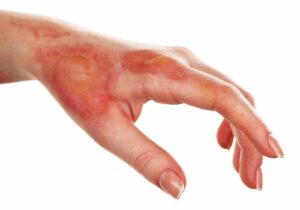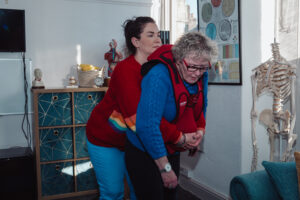Heart failure happens when the heart is unable to pump blood around the body effectively. Catch it early by understanding the warning signs and there is plenty that can be done.
As with so many health conditions, the symptoms can vary from person to person, but here are a few key things that you could look out for.
Breathlessness
With heart failure, you can feel short of breath both when you are active and when you are resting. It might even feel worse or more noticeable overnight when you are lying down. If you sometimes wake up needing to catch your breath it is worth talking to your doctor. It could be any number of things, but it’s always best to rule them out.
Fatigue
It is normal to feel tired sometimes, but if you feel tired all the time and find exercise and activity exhausting, then something could be wrong. Extreme tiredness or a noticeable change in energy and strength should be checked out as it might be because there’s not enough blood and oxygen getting to your muscles.
Swelling
Specifically look out for swelling in the legs, ankles, and feet, as well as around the stomach and lower back. This might be something that worsens throughout the day as fluid builds up.
A persistent cough and/or spells of dizziness can also be symptoms of heart failure, and you should always speak to a doctor if your health changes and your symptoms are prolonged or worsening.
What to do if you suspect heart failure
Acute heart failure can happen quickly and the most important thing that you can do if you are worried is to seek medical advice or call 999 in an emergency. Chronic heart failure progresses more slowly, but it is still important to seek help as soon as you notice symptoms.
There are several tests used to diagnose heart failure including blood tests, an electrocardiogram (ECG), or an echocardiogram, both of which monitor heart rates, a chest x-ray, and breathing tests. It can be treated with medication, and in more severe cases, a pacemaker or coronary bypass surgery.
When you call 999, they may recommend you use a defibrillator – this is a life-saving medical device that works by administering a high-energy electric shock to the heart of someone who is in cardiac arrest. This shock is vital to reset the heart’s normal rhythm or to re-start it if it suddenly stops.
Click here to read how to use a defibrillator.
Using a Defibrillator can increase survival rates from 8% up to 75% for cardiac arrest casualties.
Lifestyle factors
The British Heart Foundation suggests that changes in lifestyle can be effective in both avoiding heart failure and working alongside medication to improve symptoms. Healthy eating is one of the key things that is advised. Try to eat two portions of fruit of vegetables with every meal and some beans and pulses every day. Keeping to a healthy weight is also important as it prevents your heart from having to work too hard. If you smoke, the BHF advises that you stop (there are many stop smoking services available through the NHS website) and also try to monitor and manage your blood pressure. Things like stress and diet can be contributing factors here.
Most importantly of all, try to stay in tune with your body and how you feel, both day-to-day and over longer periods. If you notice any changes or feel worried, then it is always best to contact your GP.








